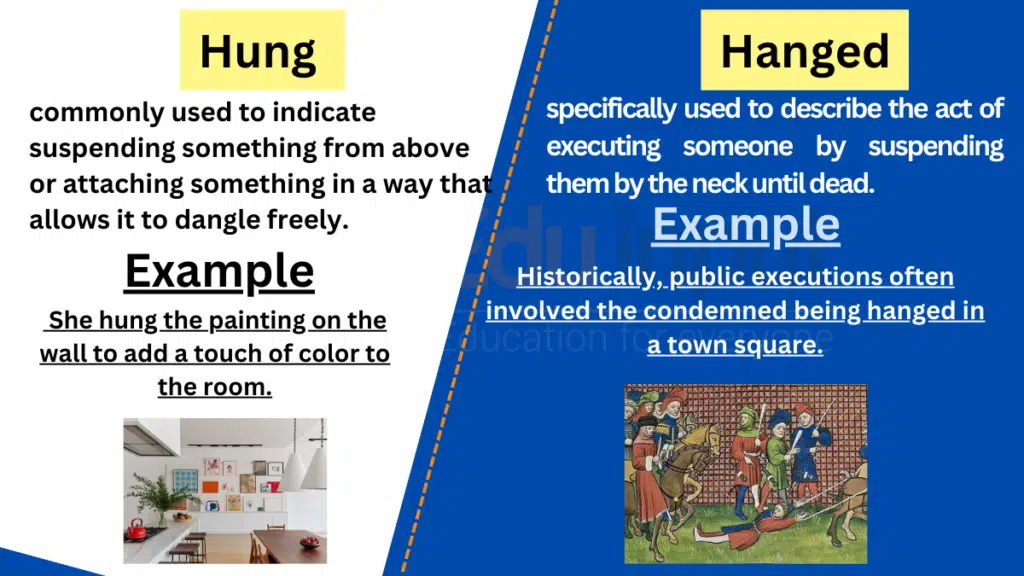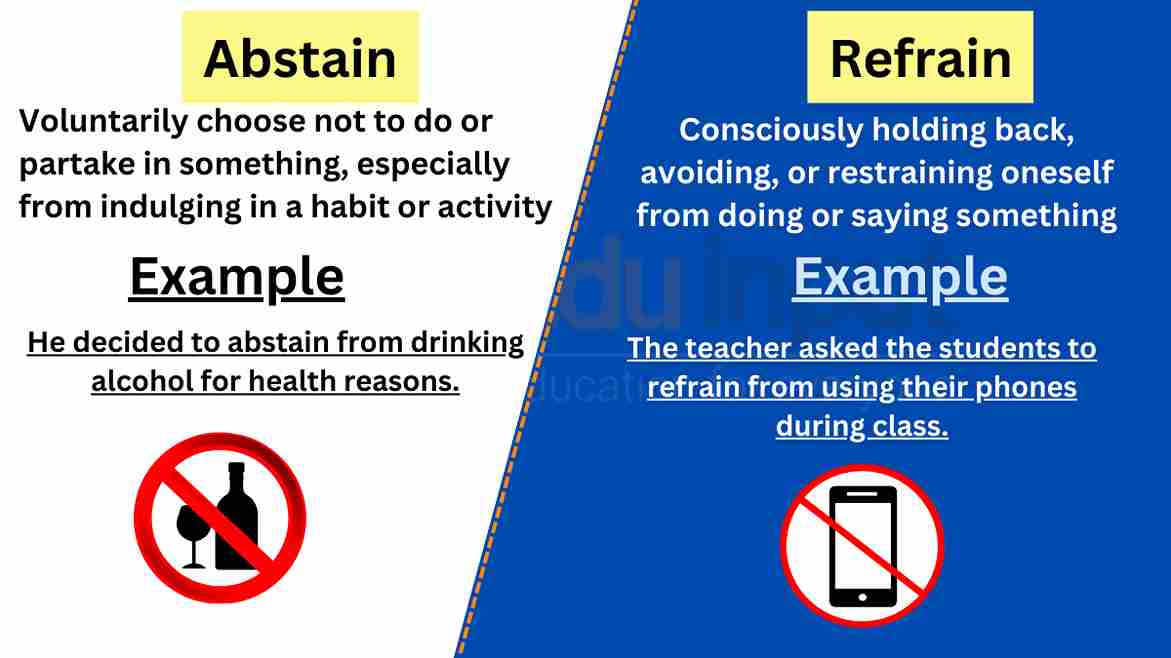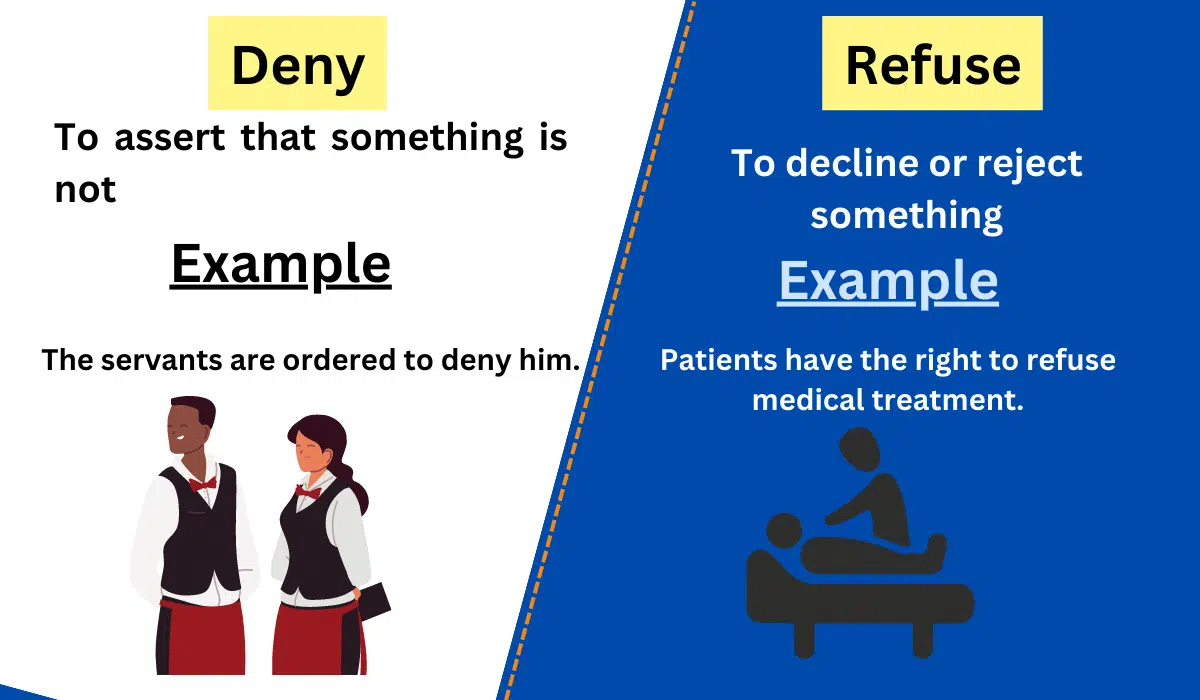Hung vs. Hanged-Difference between and Examples
The English language is replete with words that may appear similar but carry distinct meanings, leading to confusion and uncertainty. “Hung” and “hanged” are two such words that often cause perplexity among language learners. This article will delve into the differences between “hung” and “hanged,” unraveling their definitions, usage, and contextual nuances. By grasping the disparities between these words, we can enhance our language skills and communicate more effectively. Join us as we embark on this linguistic journey to uncover the contrasting meanings of “hung” and “hanged”.

Meanings and Examples
Hung meaning
Hung is the past tense and past participle form of the verb “hang,” commonly used to indicate suspending something from above or attaching something in a way that allows it to dangle freely.
Hung Examples
a) She hung the painting on the wall to add a touch of color to the room.
b) The chandelier was hung from the ceiling, illuminating the entire dining area.
c) He hung his coat on the hook by the door before entering the house.
Hanged meaning
Hanged is the past tense and past participle form of the verb “hang,” specifically used to describe the act of executing someone by suspending them by the neck until dead.
Hanged Examples
a) The criminal was hanged for his heinous crimes.
b) Historically, public executions often involved the condemned being hanged in a town square.
c) The jury’s decision was that the murderer should be hanged as punishment for his actions.
Difference between Hung and Hanged
| Hung | Hanged | |
| Meaning | To suspend or attach in a way that allows for free dangling | To execute by suspending someone by the neck until dead |
| Example | “She hung the painting on the wall.” | “The criminal was hanged for his crimes.” |
| Usage | Describing the act of suspending or attaching something freely | Referring specifically to the execution method of hanging |
| Context | Hanging objects, decorations, clothes | Legal, judicial, and capital punishment contexts |
Usage in a Paragraph
Consider a scenario where a group of friends is decorating their living room. One of them decides to hang a beautiful tapestry on the wall, carefully positioning it to create an artistic focal point. With precision and skill, they use nails and hooks to ensure the tapestry is securely hung, enhancing the ambiance of the room. Here, “hung” is appropriate, as it conveys the action of attaching the tapestry in a way that allows it to dangle freely, contributing to the room’s aesthetics.
In a different context, imagine a historic trial where a notorious criminal is found guilty of heinous crimes. The judge delivers the sentence, proclaiming that the criminal shall be hanged for their deeds. The use of “hanged” here refers to the specific act of executing the criminal by suspending them by the neck until death. This usage is tied to the legal and capital punishment context, emphasizing the severity and finality of the punishment.
By distinguishing between “hung” and “hanged,” we can employ these words more accurately, avoiding confusion and conveying our intended meaning effectively. “Hung” pertains to the act of suspending or attaching something in a way that allows for free dangling, whereas “hanged” specifically refers to the method of executing someone by suspending them by the neck until dead. Let us strive to use these words correctly,







Leave a Reply